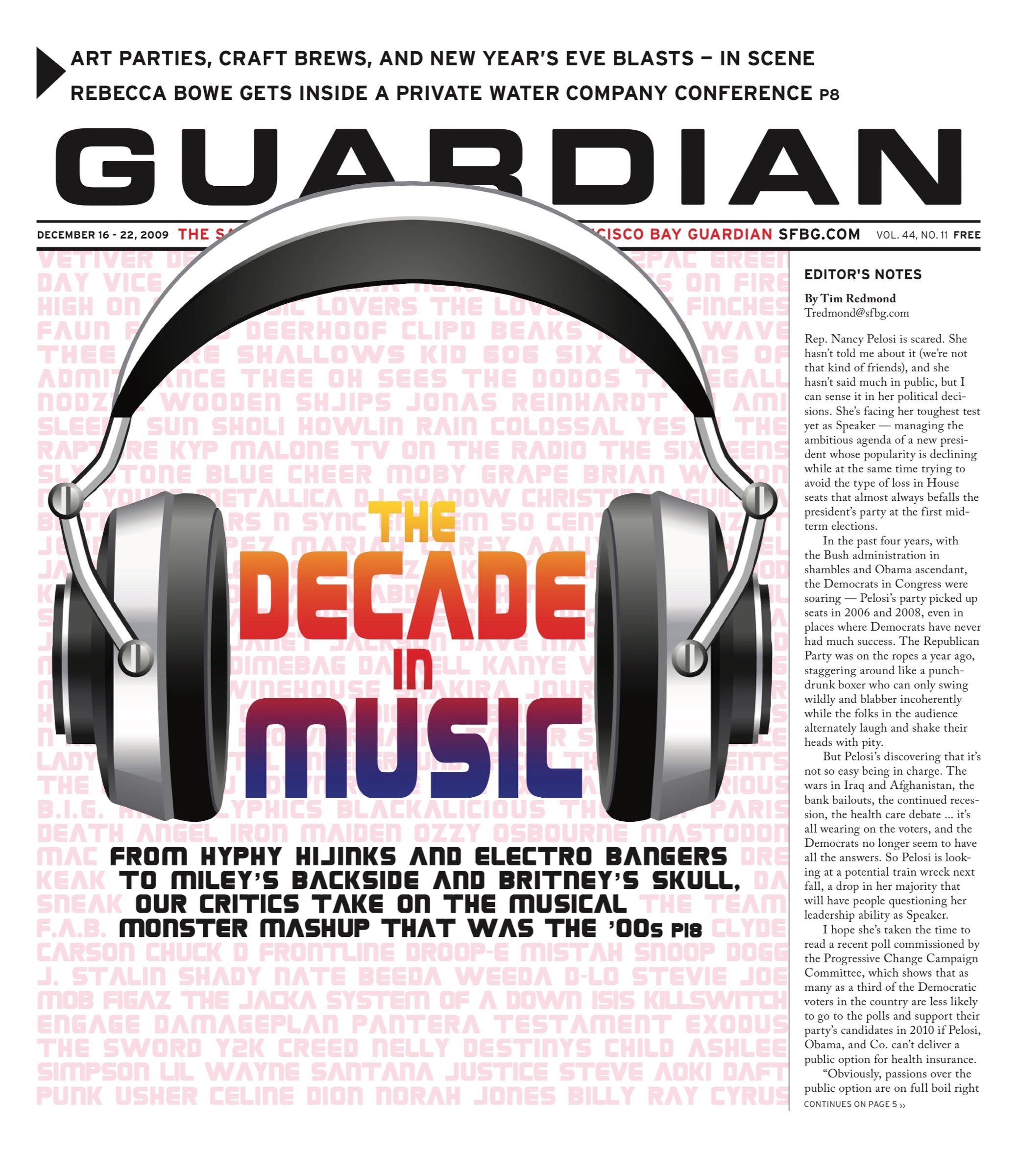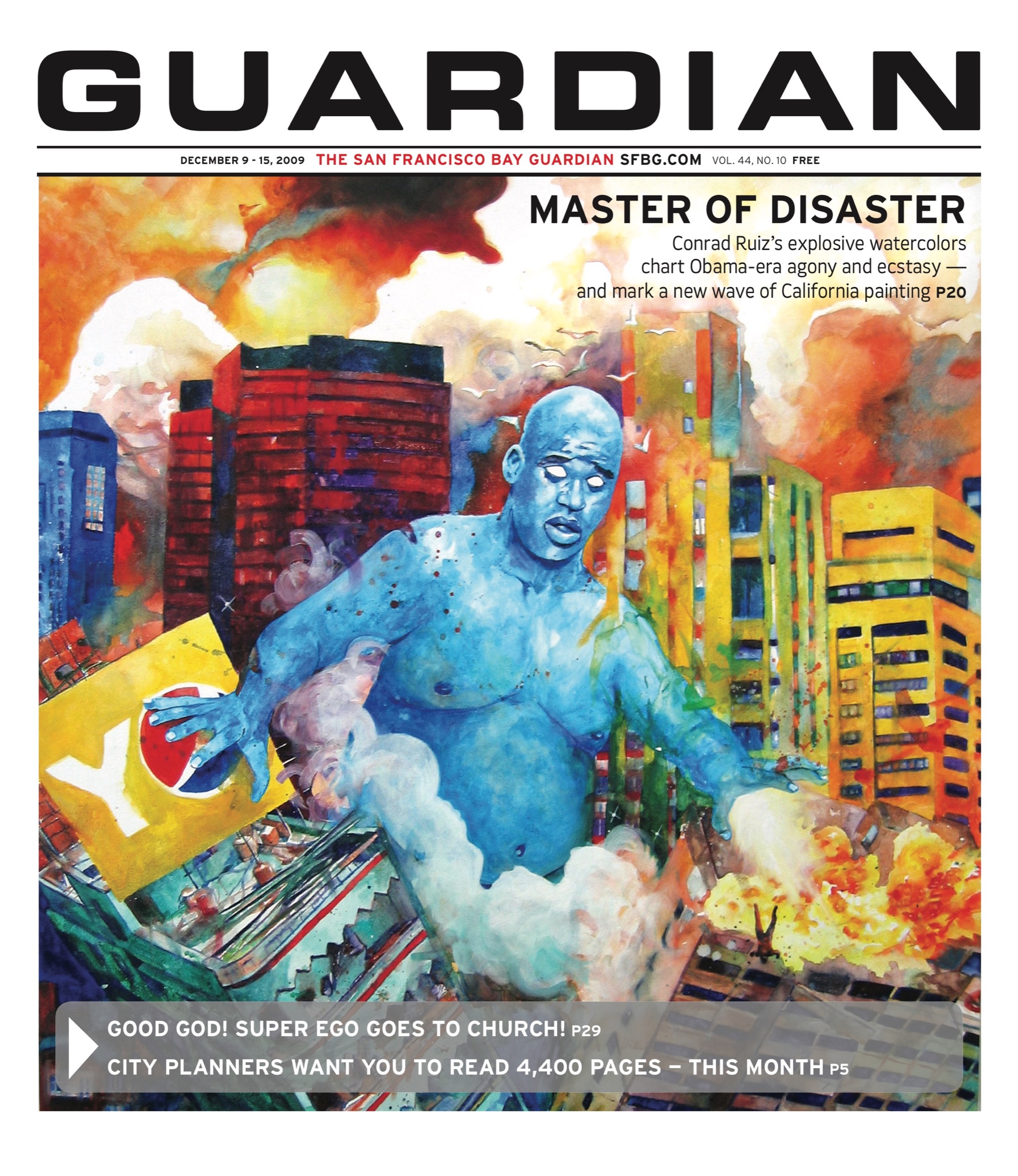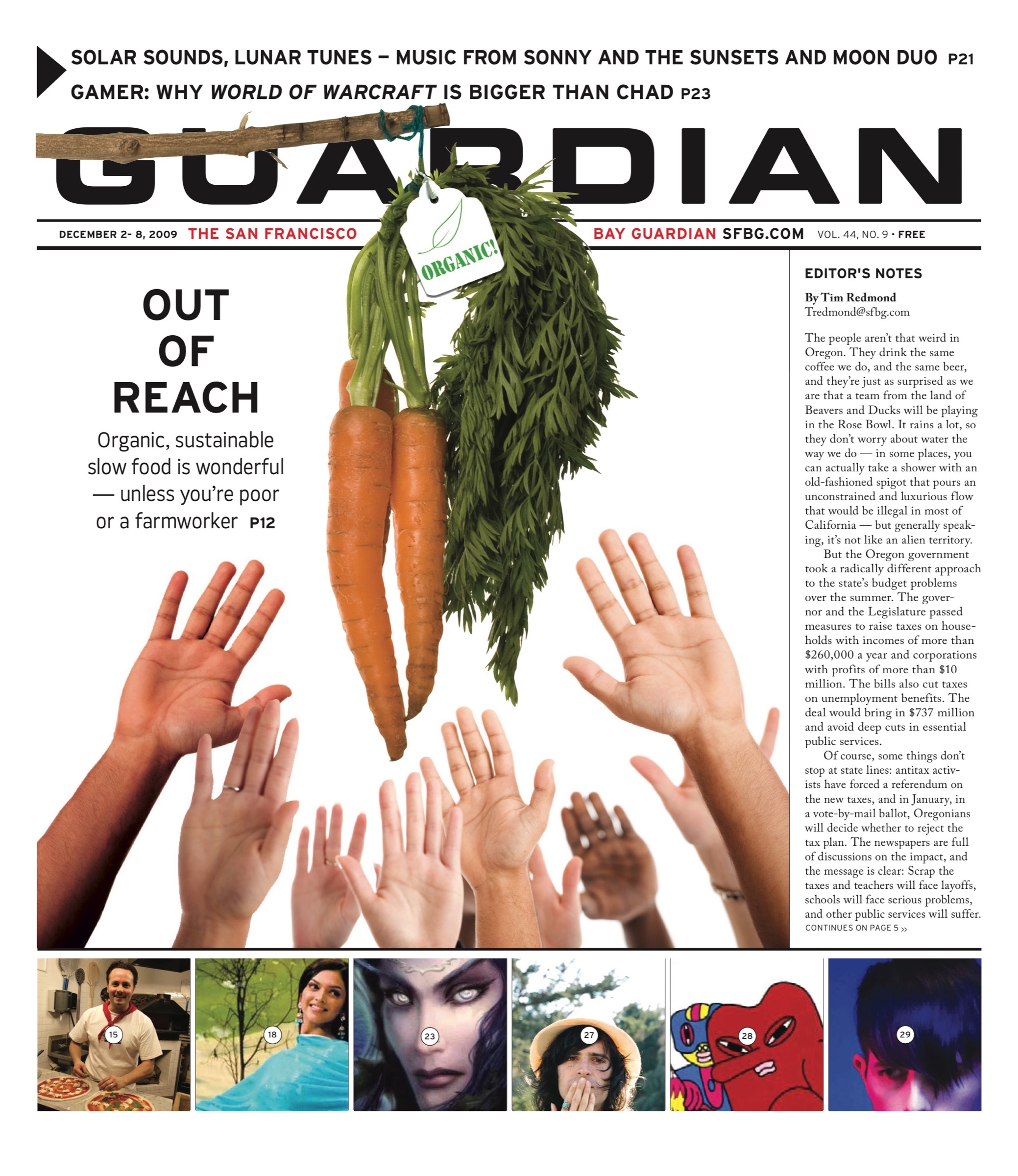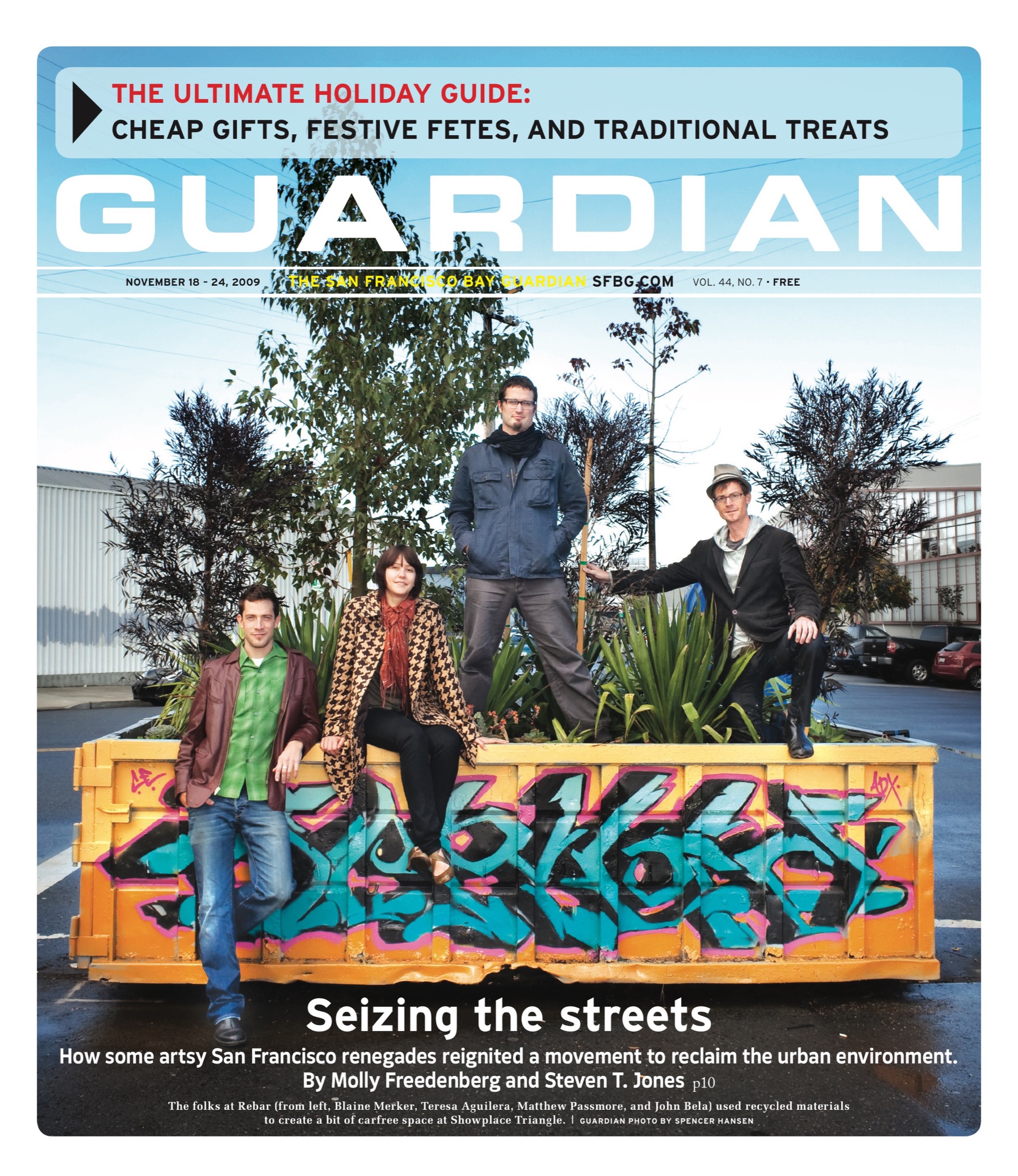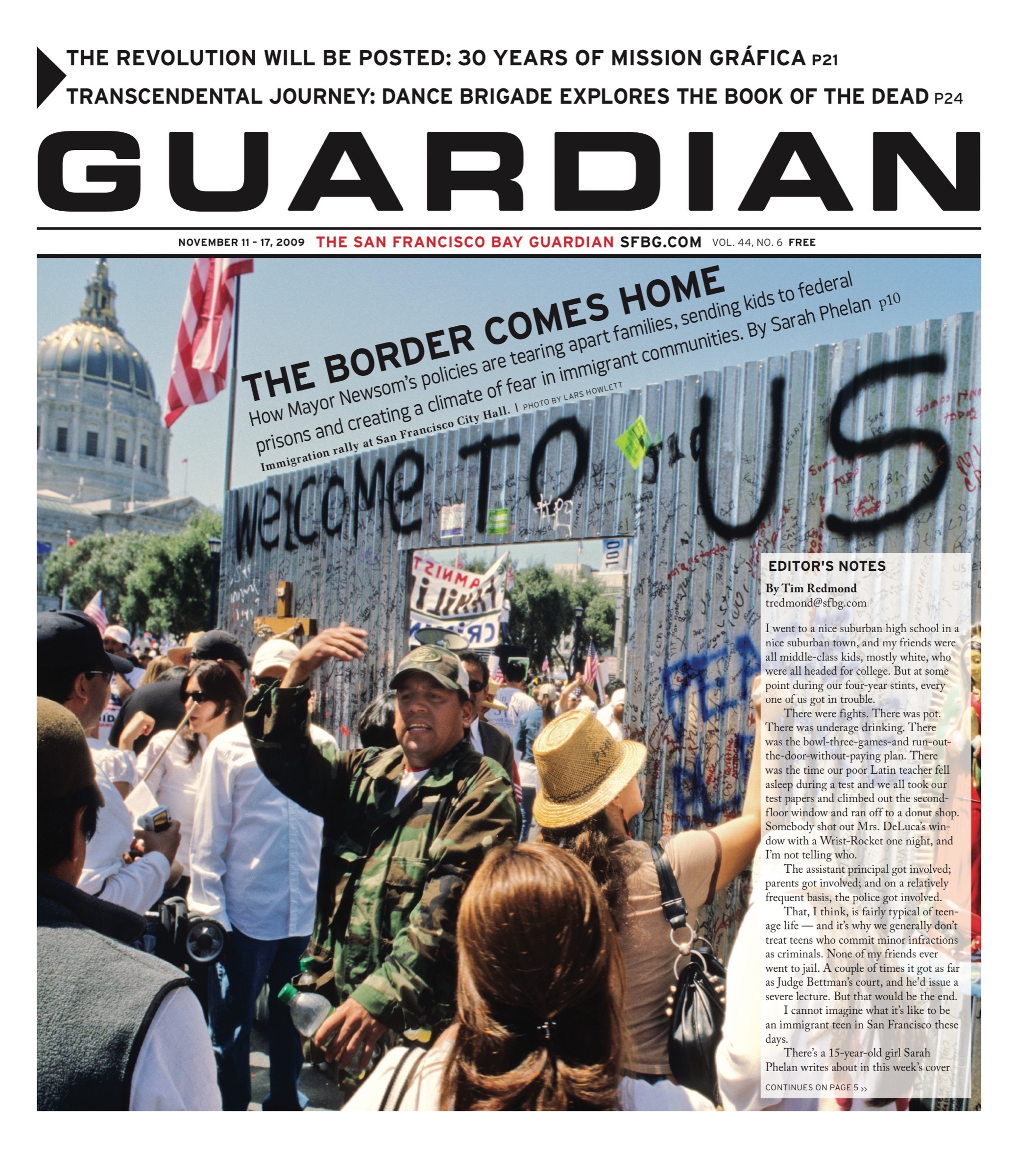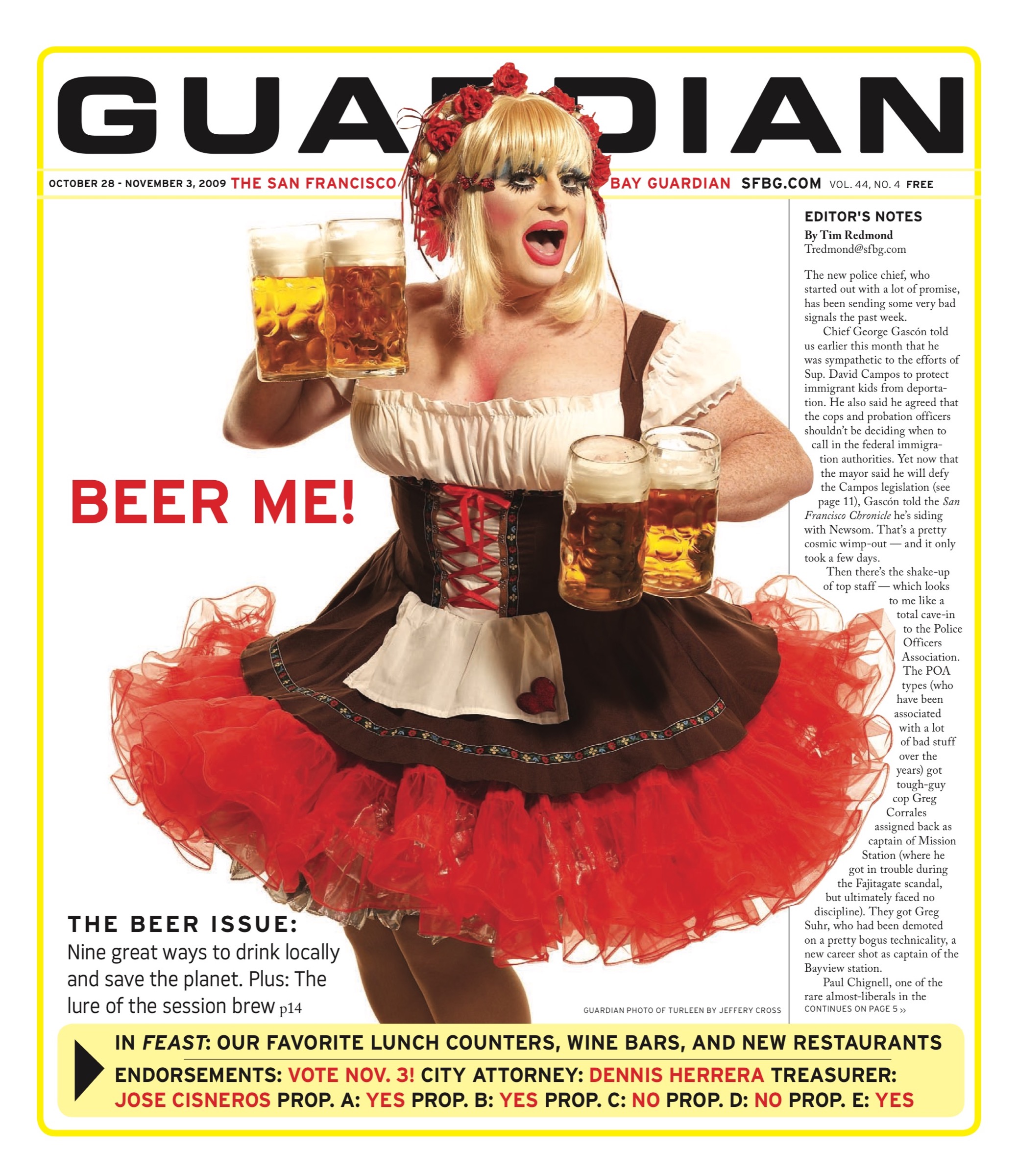EDITORIAL Rahm Emanuel, President Obama’s chief of staff, likes to say that politicians should never let a crisis go to waste — but that’s what happened in San Francisco last summer, when the mayor and the supervisors approved a budget deal that didn’t involve any real structural reform, didn’t solve any long-term problems, and didn’t even last six months.
Now there’s a new crisis, one that, if anything, is worse. Cutting almost a half-billion dollars from the city budget last year was absolutely brutal. But cutting another half-billion, which is what the controller is now talking about, seems almost inconceivable.
It’s time to quit with the patches, quit with the one-time solutions and fee hikes. And with the mayor missing in action, the supervisors simply have to take the lead here and begin working on major systemic changes that shift the way the city is financed and the way money is spent.
The biggest problem with last summer’s deal was the lack of any serious attempt at bringing in new revenue. Newsom and his advisors all said that tax hikes weren’t looking good in the polls and probably wouldn’t get voter approval, but election results around the Bay suggest otherwise: In city after city, voters approved new taxes to fund essential public services.
And Newsom never gave the revenue side of the equation a fighting chance. He never made any personal effort to lobby the three supervisors he had appointed to the board, who were all reluctant to put emergency tax measures on the ballot. He just let the idea die.
And now the city is paying the price. Everyone with any sense knew last summer that the recession wasn’t going to magically end in time to make this budget work. It was clear that property tax and sales tax revenue would drop even further — and that the only way to avoid brutal midyear cuts was to look for new sources of money. Now the mayor and the board have to slice close to $50 million to keep the red ink at bay, and next year’s deficit is pegged at 10 times that much.
The other glaring problem with the mayor’s budget approach is that it sought to cut only from the front lines. But the highest-paid workers, the folks who make way more than $100,000 a year, the management ranks that have become very well staffed in recent years, were largely untouched. And frankly, there are a lot of people in that category who don’t do much of anything that’s essential to the functioning of the city.
During the dot-com boom, when Willie Brown was mayor and the city was awash in cash, the ranks of the politically appointed managers grew dramatically. Some of those folks are still around. Newsom has added his own. And the structure of management and organization in this city has never been a model of efficiency. So if the mayor wants another round of deep cuts — 20 percent from every department — he should start with a management audit of some of the biggest departments and take a hard look at exactly what all those senior employees do all day — and whether their work might be less important than, say, nurse aides who take care of the sick elderly.
As a simple show of good faith, Newsom shouldn’t replace Nate Ballard, the press secretary, or Kevin Ryan, his criminal justice advisor. There are still four other people in the mayor’s press office, more than any mayor in modern history has ever needed. And the city already has a police chief, police commission, district attorney, and sheriff. Why the mayor needs his own criminal justice office is a mystery to us.
There are other policy issues that need to be examined. The current budget shortfall memo from the city controller notes that some departments are already over budget — the Sheriff’s Office, for example, needs an additional $2.7 million dollars. The public defender and the courts need and additional $4.9 million. Why? Well, one reason is the new police chief’s crackdown on drug sales in the Tenderloin — which is packing the jails. "We’re defiantly looking at a lot of new drug cases," Sheriff Mike Hennessey, who has had to open three new housing units to fit all the prisoners, told us. The crackdown may be good public policy (or not) — but there was never any discussion of how much it would cost. And the mayor and the chief never asked the supervisors to authorize adequate spending for it.
So as a matter of policy, the mayor apparently thinks it’s worth $7 million to arrest drug dealers — but not worth $7 million to keep public-health workers who save lives every day on the job. That’s a policy decision that was made arbitrarily — and that kind of discussion needs to happen on a dozen or more fronts.
The mayor told his department heads Nov. 19 to expect 20 percent cuts — and to prepare for as much as 30 percent. But that’s not going to happen across the board. Unless the police stop arresting people, for example, the sheriff won’t be able to cut 20 percent of his budget without letting prisoners go. The mayor won’t take the political heat for cutting that much from cops and fire. So the burden will fall on public health, Muni, human services, recreation and parks, and other smaller departments. And the level of cuts will render those agencies unable to provide basic services.
So let’s be honest: there is simply no way to close a deficit this large without new taxes. That’s just reality, and anyone who denies it is refusing to face facts. San Francisco can’t survive with basic services — like police, fire, and public health — intact on the amount of money the controller projects the city will collect in the next year.
Newsom will be guilty of destroying the entire social service infrastructure in this city if he refuses to push tax hikes. And he’ll be damaging the local economy if he does it piecemeal.
We’ve been clamoring for years for an overhaul of the city’s tax structure, and now there’s a hurricane-force fiscal storm forcing the issue. If Newsom doesn’t announce plans to hold open, public discussions and draft a new tax policy for the city (and we doubt that will happen) then the supervisors must act, now. Board President David Chiu already had a broad-based committee work on tax reform. Now the board needs to begin drafting comprehensive legislation to change the way the city collects money — with the aim of putting a measure on the ballot as early as possible next year.
The goal should be not only to bring in another $250 million (at least) in new revenue, but to shift the tax burden away from small businesses and the poor and middle class and onto the wealthy. A big first step: get rid of the flat business tax and replace it with a progressive gross receipts tax that charges the biggest companies a higher percentage. Other cities have found numerous other ways to raise money — such parcel taxes, which aren’t quite as fair as ad valorem property taxes, but at least tax property owners, who in general are a wealthier class. A properly written utility users tax would hit big companies that use (and sometimes waste) a lot of power. And of course, a tax on income earned in the city — which would cover commuters who use city services but don’t pay city taxes — is among the most progressive ways to bring in new money.
Meanwhile, let’s remember: fee hikes (for Muni rides, for use of city pools and playing fields etc.) are just hidden taxes — on the poor and middle class.
State law makes it hard to raise taxes; any measure would have to go to the voters. But a major tax-reform overhaul that doesn’t just raise a few taxes on a targeted group but makes the entire system more fair for everyone, ought to be a ballot-box winner — particularly if the mayor is willing to raise money and lead the battle to pass it.
In a Nov. 18 interview with Hank Plante, the KCBS political editor, a testy and impatient Newsom ducked specific questions about how he was going to solve the budget shortfall. After saying that he doesn’t read the newspapers (which, frankly, is either a lie or utterly shameful for a big-city mayor, and leaves him looking as ill-informed as former President Ronald Reagan) he simply said the deficit would be "a lot of work."
That’s an understatement — and Newsom needs to do more than sit in his office and whine about the media. He needs to be out in public, addressing the budget crisis — and he needs to let reporters and residents and business people and the supervisors ask questions and get straight answers.
It’s fine to say that at this point, nobody knows how to solve the problem. It’s not okay to say: trust me, I’ll get back to you on that. This is a citywide crisis, and it’s essential that the public feels involved.
This is the biggest crisis since Gavin Newsom took office. It’s time he started acting like it.



